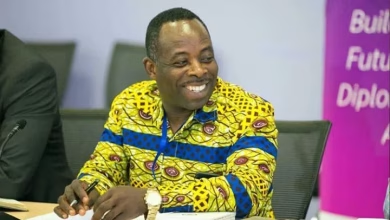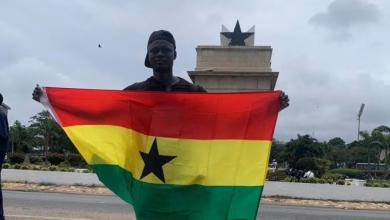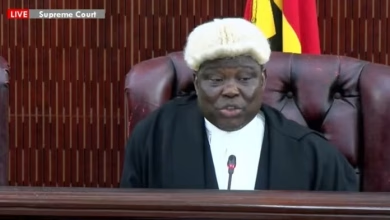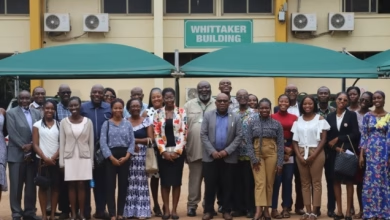Gender Gaps Persist Despite Affirmative Action Act
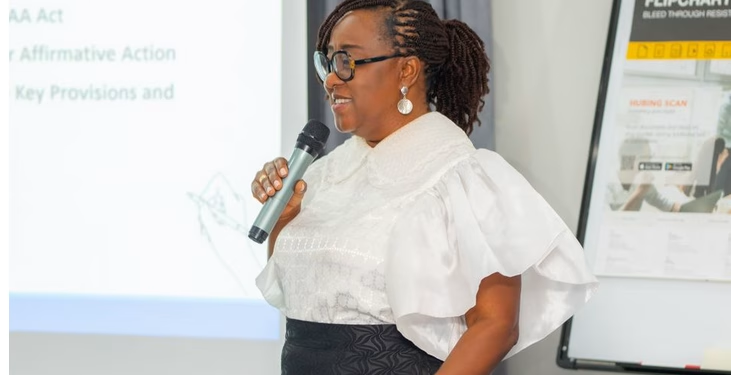
- Affirmative Action Coalition says political gender gaps remain wide despite 2024 law
- Becky Enyonam Ahadzi calls Act’s political provisions vague and unenforceable
- Professor Nana Aba Appiah Amfo calls the Act a necessity, not a gift to women
The Affirmative Action Coalition has highlighted ongoing challenges in Ghana’s efforts to bridge gender inequality, particularly in the political arena, despite the passage of the Affirmative Action Act in 2024.
During a policy dialogue hosted on July 31, 2025, by the University of Ghana’s Centre for Gender Studies and Advocacy (CEGENSA), key stakeholders gathered to assess progress on the law’s implementation and identify remaining obstacles one year after its enactment.
Becky Enyonam Ahadzi, Coordinator of the Affirmative Action Bill Coalition, argued that the Act’s provisions on political representation remain insufficient and in need of urgent reform.
“Although the constitution calls for at least 30% of Parliament to be women, there’s no gender-responsive framework to enforce this. The law lacks mechanisms like reserved seats or enforcement mandates for political parties. Its current language is vague and ineffective. We need clearer constitutional alignment,” she stated.
University of Ghana Vice-Chancellor, Professor Nana Aba Appiah Amfo, added that the Act should not be seen as a concession but as a vital tool for national development.
“This law is not a favour to women—it’s a democratic necessity. True equality is enshrined in our constitution, yet women remain largely excluded from leadership roles in Parliament, local governance, and both public and private institutions,” she said.
Attendees called for stronger political commitment, targeted legislative revisions, and increased public awareness to fully realize the goals of the Affirmative Action Act.



